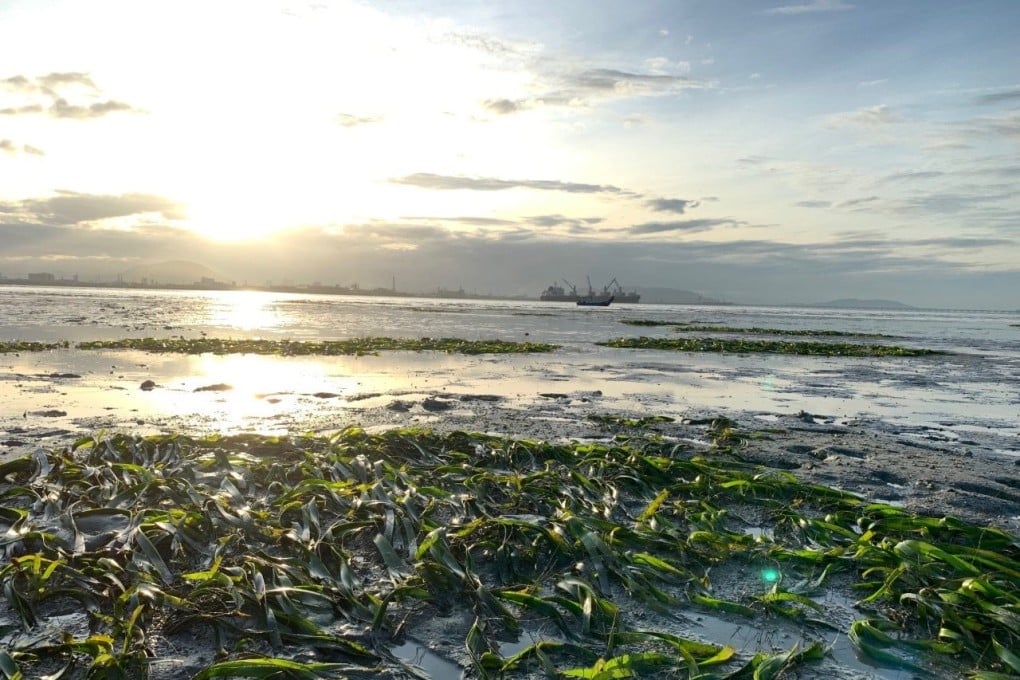Seagrass, not seaweed: Malaysia’s marine science group leads charge in climate-resilient seagrass sanctuary
- Findings from Penang’s Centre for Marine Science and Coastal Studies will go towards establishment of a seagrass sanctuary in the state
- The Penang state government has created a multi-agency committee to support the planning and establishment of the marine sanctuary

Seagrass, less commonly known than its aquatic cousin seaweed, is often overlooked in providing a sustainable natural sanctuary for marine ecosystems. Like many other ecosystems, seagrass meadows are at risk of disappearing from the oceans because of climate change.
Enter Universiti Sains Malaysia’s (USM) Centre for Marine Science and Coastal Studies (Cemacs) in Penang that is leading efforts to establish a new marine sanctuary for seagrass.
Cemacs is working to determine the extent and impact of global warming and rising sea levels on seagrass meadows in Middle Bank, Penang, in a 30-year study. Findings are shared with public and private stakeholders and aim to promote climate change adaptation and resilience, with marine and coastal ecosystems as integral parts of future solutions.
With sea levels projected to increase by 1-5 metres by 2100, Cemacs is exploring methods to protect seagrass and the marine life that call it home.

The Penang state government has created a multi-agency committee to support the planning and establishment of the marine sanctuary.